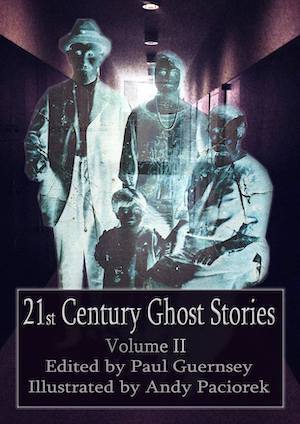
Stephen King. Photo:: Pinguino K
It’s Best To Eschew The Adverbs
American horror master Stephen King is a peaceful man—but that doesn’t stop him from wanting to murder adverbs.
Adverbs, as you probably recall, are those words that modify verbs. Usually, they end in “-ly”: Susan quickly ran to the door, violently opened it, and screamed loudly at the children picking the tulips in her garden.
King’s contention—and that of most writing professionals—is that adverbs are usually unnecessary and often redundant. They add clutter to a story, and make it seem bloated. Writers should instead concentrate of choosing the most effective active-voice verbs to keep their story moving briskly along.
For example, if we revise our adverb-laden sentence above to read, Susan sprinted to the door, jerked it open, and shrieked at the children uprooting the tulips in her garden, not only do we not miss the modifiers, but the sentence itself becomes more lively.
King says, “I believe the road to hell is paved with adverbs, and I will shout it from the rooftops. To put it another way, they’re like dandelions. If you have one on your lawn, it looks pretty and unique. If you fail to root it out, however, you find five the next day . . . fifty the day after that . . . ”
King admits to a special dislike for adverbs in dialogue attribution. And he has a powerful point: If your dialogue is well written, the words and their context will convey the tone without any further cues to the reader: “You’re dead,” Dick said, lifting the crowbar from the table.
And in those cases in which you feel the need for a verb other than good, old “said” to attribute your dialogue, the verb itself should be precise enough not to require modification. “I’ll see you at midnight, Sam,” she hissed, pretty much does the trick. No need to say, ““I’ll see you at midnight, Sam,” she hissed menacingly, because your reader has already inferred menace from her words in combination with their context, as well as from the fact that she’s hissing them.

